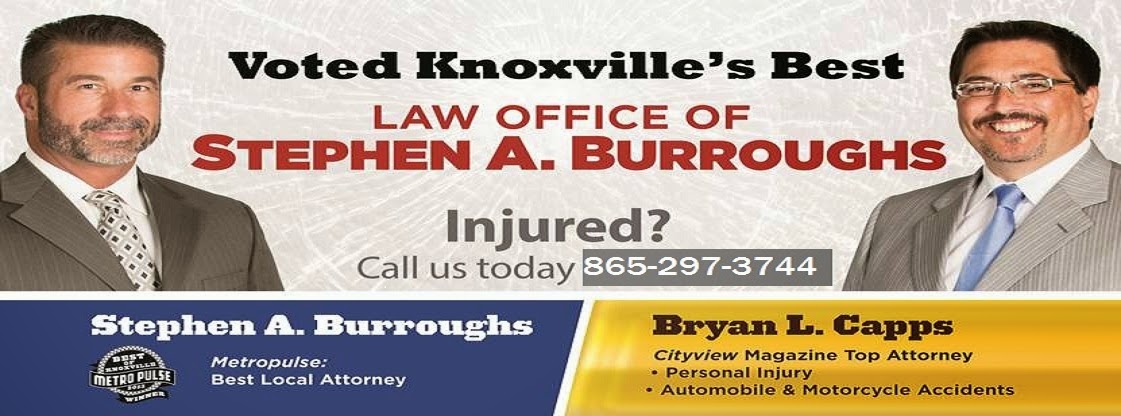ROBERT DANIELS and PEGGY DANIELS, v. MICHAEL D. WRAY (Tenn. Ct. App. May 21, 2009)
Plaintiff filed this action for damages for injuries sustained in an automobile accident. Defendant answered, denying liability, and subsequently filed a Tenn. R. Civ. P. 15 to amend and make claim for personal injuries and property damage as a result of the accident. The Trial Court allowed the amendment as to property damages, but refused to allow defendant to assert the claim for personal injuries on the grounds inter alia that the statute of limitations had run on the personal injury claim prior to the filing of the Motion to Amend. The property damage claim was settled, but the refusal to allow the amendment has been appealed to this Court. We hold that the Trial Court abused its discretion in refusing to allow the amendment.
The Full text of this appeal may be found at the TBA website:
http://www.tba2.org/tba_files/TCA/2009/danielsr_05209.pdf
The court here reviewed the standards for reversing a trial court for abuse of discretion for disallowing a party to amend its answer and make a counterclaim. the factors to be considered when deciding whether to allow a party to amend its claim include, "undue delay in filing, lack of notice to the opposing party, bad faith of the moving party, repeated failure to cure deficiencies by previous amendments, undue prejudice to the opposing party, and futility of amendment." Id. (citations omitted). The court here found that the factors the trial court relied on--undue delay and prejudice to the opposing parties--were not supported by the record. Therefore the trial court had abused its discretion and the case was remanded for further proceedings.

No comments:
Post a Comment